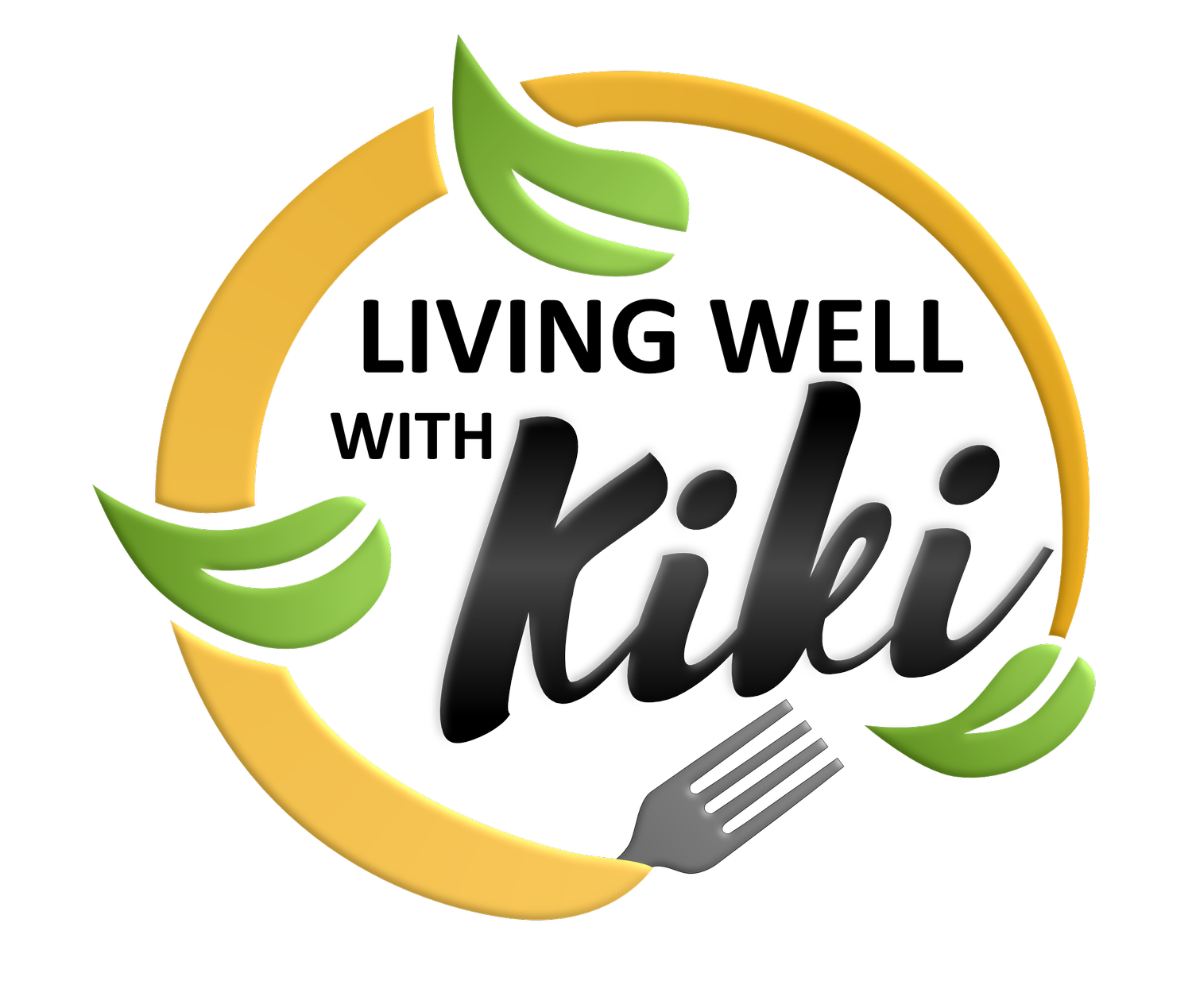Heart Health: Your Guide to a Strong and Happy Heart
Your heart is the powerhouse of your body, tirelessly pumping blood and oxygen to every cell to keep you alive and thriving. Taking care of your heart is essential for overall well-being, and fortunately, there are simple yet powerful steps you can take to support heart health. In this blog post, we'll explore the number one strategy for maintaining a healthy heart and preventing cardiovascular disease.
The Number One Strategy: Balanced Nutrition
When it comes to heart health, what you eat matters more than you may realize. A balanced and heart-healthy diet can help lower your risk of heart disease, manage blood pressure and cholesterol levels, and support overall cardiovascular function. Here's how to nourish your heart with every bite:
1. Embrace Plant-Based Foods: Fruits, vegetables, whole grains, legumes, nuts, and seeds are packed with heart-loving nutrients such as fiber, vitamins, minerals, and antioxidants. Aim to fill half your plate with colorful fruits and vegetables at every meal, and incorporate whole grains like oats, quinoa, and brown rice for sustained energy and heart-healthy fiber.
2. Choose Healthy Fats: Not all fats are created equal, and choosing the right fats is crucial for heart health. Opt for unsaturated fats found in foods like avocados, olive oil, nuts, and fatty fish such as salmon and mackerel. These fats can help lower LDL cholesterol levels and reduce inflammation in the body, promoting a healthier heart.
3. Limit Saturated and Trans Fats: While some fats are beneficial, others can harm your heart health when consumed in excess. Limit your intake of saturated fats found in red meat, full-fat dairy products, and processed foods. Additionally, avoid trans fats commonly found in fried foods, baked goods, and packaged snacks, as they can raise LDL cholesterol levels and increase the risk of heart disease.
4. Watch Your Sodium Intake: Excess sodium can contribute to high blood pressure, a major risk factor for heart disease. Be mindful of your sodium intake by choosing fresh, whole foods over processed and packaged options. Use herbs, spices, and citrus juices to flavor your meals instead of relying on salt, and read food labels to identify hidden sources of sodium.
5. Practice Portion Control: Even healthy foods can contribute to weight gain and heart disease if consumed in excessive amounts. Pay attention to portion sizes and listen to your body's hunger and fullness cues. Eating mindfully and savoring each bite can help prevent overeating and promote a healthy weight, which is essential for heart health.
When it comes to protecting your heart, prioritizing balanced nutrition is the number one strategy you can implement. By fueling your body with nutrient-rich foods and making mindful choices every day, you can support your heart health and enjoy a lifetime of vitality and well-being. Start small, make gradual changes, and celebrate the journey toward a stronger and happier heart. Your heart will thank you for it! Connect with Kiki at info@livingwellwithkiki.com for all your questions.

